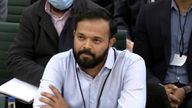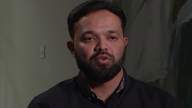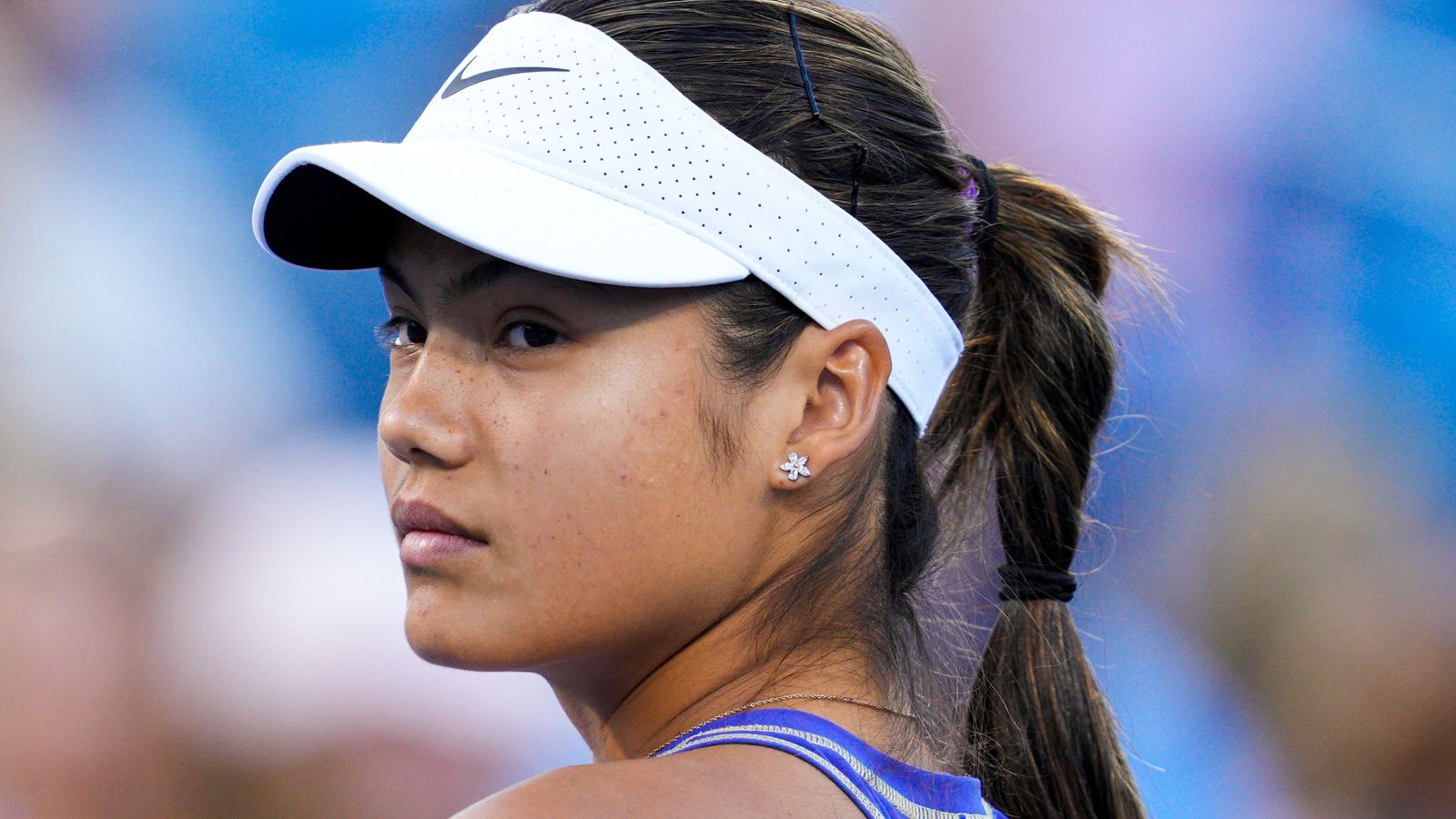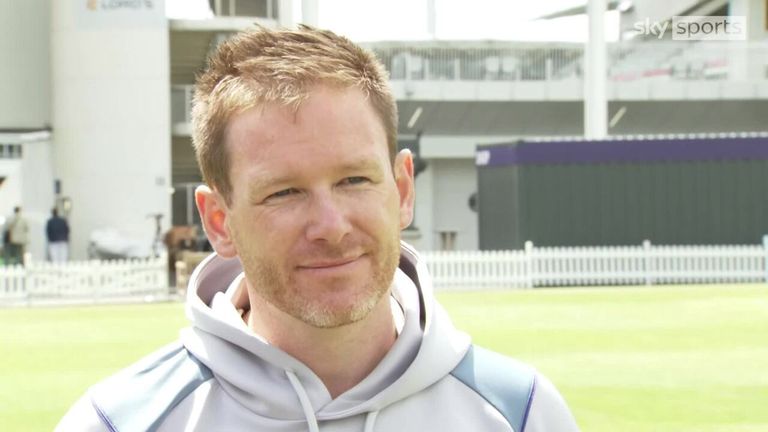England and Wales Cricket Board to update MPs on progress in tackling racism | Cricket News
Representatives for the ECB will appear on January 25 with executives from four county clubs, including Yorkshire, also being called as witnesses; in a report published last week, the Digital, Culture, Media and Sport select committee found there was “deep-seated” racism within cricket
Last Updated: 17/01/22 12:45pm

The ECB will update MPs on January 25
The England and Wales Cricket Board (ECB) will update MPs on its progress in tackling the racism crisis in the sport next week.
The Digital, Culture, Media and Sport (DCMS) committee issued a report last week calling on the ECB to “clean up its act” on racism or face a limit on the public funding it receives.
The report found there was “deep-seated” racism within the sport and gave the example of the language used in correspondence with the committee and attempts to “discredit” Azeem Rafiq in the media as evidence of a “long and difficult road” ahead for the sport.
The committee called on the ECB to develop key indicators to measure its progress and to report to the committee every quarter, and representatives of the governing body will now appear on January 25.
Executives from four county clubs, including Yorkshire, have also been called as witnesses.
Yorkshire chair Lord Patel first addressed the committee on November 16, the same day the county’s former player, Rafiq, provided harrowing testimony about the abuse he suffered across two spells at the club.
Lord Patel will be joined by the chairs of Middlesex, Hampshire and Glamorgan.
MPs will question Lord Patel on the progress made at Yorkshire since he succeeded Roger Hutton in November and on the significant changes in personnel and procedures he has introduced.
The county chairs will be asked about their clubs’ approaches to diversity, the ECB’s game-wide plan to combat discrimination and the way the sport is regulated.
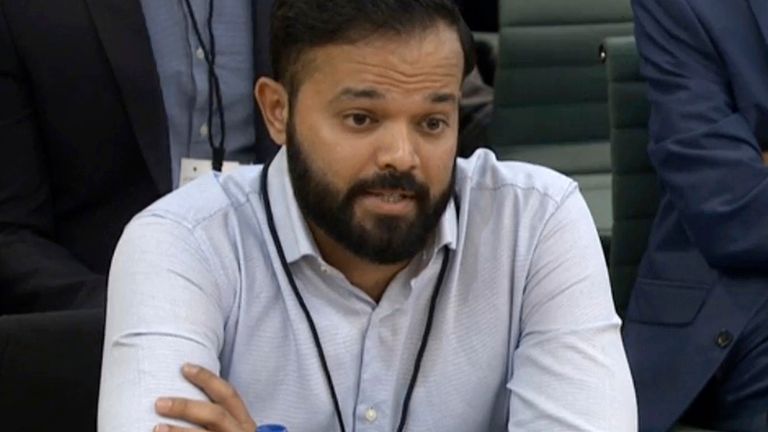
DCMS Committee Chair Julian Knight says an independent regulator could be introduced should the ECB fail to deal with issues within cricket, such as racism towards Azeem Rafiq at Yorkshire
Rafiq: Progress must be organic
The DCMS select committee report said “the future public funds for cricket are dependent on continuous, demonstrable progress in getting rid of racism”.
This followed the ECB’s November publication of a game-wide 12-point plan to tackle discrimination. Its chief executive Tom Harrison described the racism allegations made by Rafiq and other players as an “earthquake” in cricket.
The plan includes a review of dressing-room culture, diversity training for all those involved in the sport, a governance review, a drive to remove barriers to playing top-level cricket, localised equality, diversity and inclusion for clubs, counties and government bodies and examining how stadia can be made more welcoming to people from diverse backgrounds.
Asked what his definition of progress would be, Rafiq said: “I think it’s got to be organic.
“It’s important that we don’t look for knee-jerk, quick reactions, which I see a lot of counties attempting to do, sort of going out there trying to speak to a lot of people and offer them little jobs to try to keep them quiet – that’s not the way forward.
“I think we need a lot of education right at the bottom, right at the start – grassroots, and then hopefully organically as the players get more education of each other’s cultures, more understanding, that will build respect and as they get older together, hopefully in four-five years’ time we’ll get to a place where cricket is a welcoming place for everyone.”


